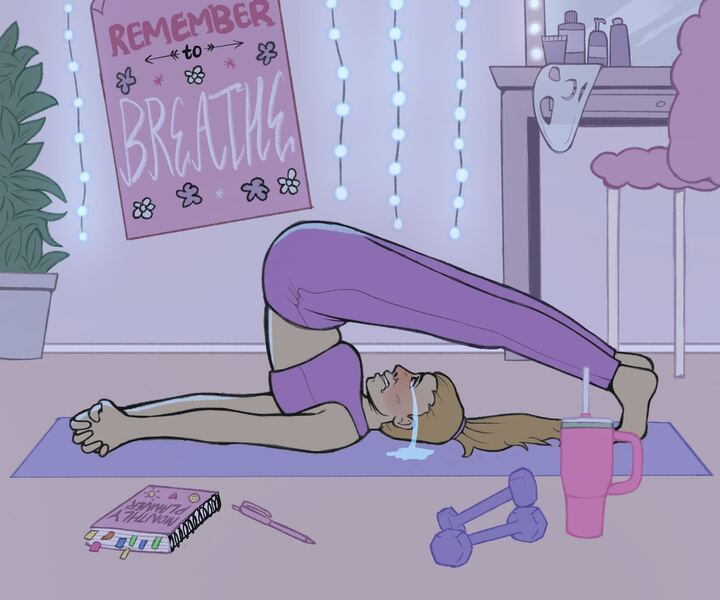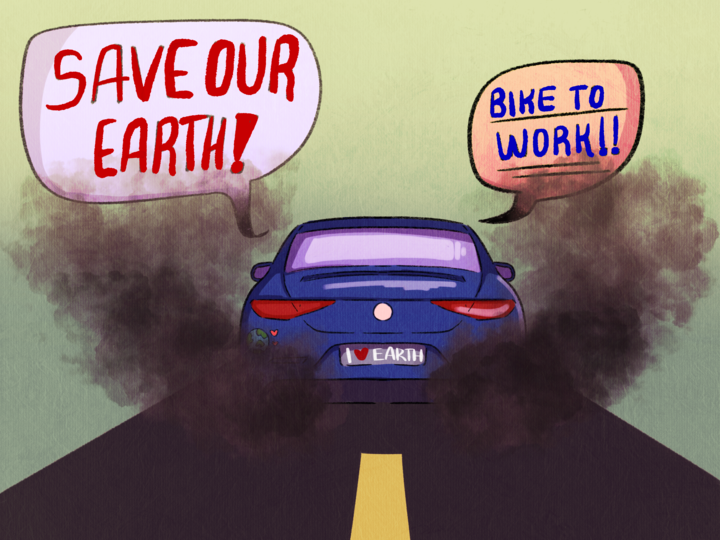Despite disruptive and dangerous international conflicts, there is a community in Tucson that facilitates communication and support between groups such as Sunnis and Shiites, and Darfuris and Southern Sudanese. This community consists of refugees from all over the globe who have been sent to Tucson to rebuild their lives.
When refugees arrive in the U.S. for resettlement, they understand that there is no room for the economic, political and social issues that tore their home communities apart. The resettlement process, while grueling and complicated, produces a collective of international people that have escaped war, persecution and political instability. The refugee community advocates for one another and works together to support their families and obtain citizenship.
A report completed in June 2014 by the United Nations High Commissioner for Refugees declared the number of refugees and displaced persons to have exceeded 50 million people. Although many countries do not accept refugees permanently, the U.S. allowed the admission of up to 70,000 refugees during 2013.
I spoke with Caitlin Reinhard, senior employment specialist for the International Rescue Committee, in Tucson about the issues refugees face in the community. Regardless of professional and educational background, the first job that many refugees obtain are minimum wage, entry-level jobs. Therefore, it is not uncommon for a mechanical engineer to be placed in Tucson and work as a dishwasher.
Reinhard emphasized the reluctance of employers to hire overqualified employees. For example, a refugee who was a doctor in their home country would have more trouble finding employment than a refugee with a grade-school level of education.
When refugees arrive, the federal government can support them for 90 days with a set dollar amount that, for many, barely covers the first month of rent and living conditions. Although the state government has a monthly refugee program, the money allocated to a refugee does not cover half of the rent of a rundown studio apartment. This forces many refugee families to go on welfare, inspiring them to work several part-time jobs to support themselves and their families.
In conjunction with employment issues and poor government assistance, Tucson refugees face prejudice and racism from the community in which they are working to become members. Reinhard spoke of a client who worked the night shift at the JW Marriott Starr Pass Golf Resort and Spa. On his way home from work, the man rode his bike to the intersection of Alvernon Way and Grant Road at 2 a.m. when a group of men in a pickup truck taunted him and ran him off the road. The entire side of his body was torn up.
“We were more outraged than he was,” Reinhard said.
The man was relocated from his home for fear of persecution. He did not harbor negative feelings toward Americans. However, because of our cultural biases, our community threatened his safety.
As members of the Tucson community, it is crucial that we support refugee resettlement efforts and work together to include refugees in our workforce. If unlikely friendships and support systems can develop despite deep cultural, religious and political differences, it is ridiculous that parts of our community have alienated refugees for escaping tremendous danger.
_______________
Maggie Farry is a junior studying political science and Spanish. Follow her on Twitter.








